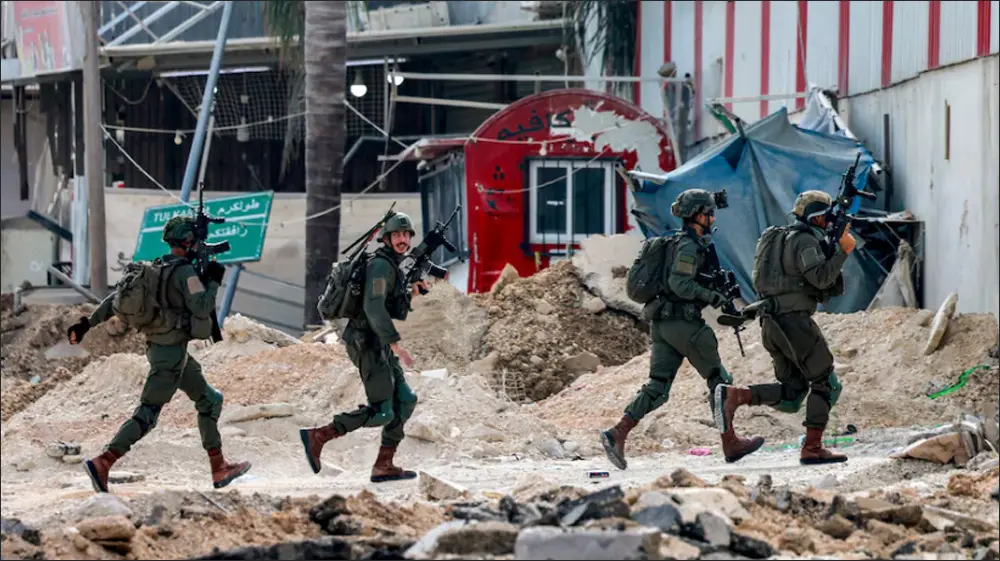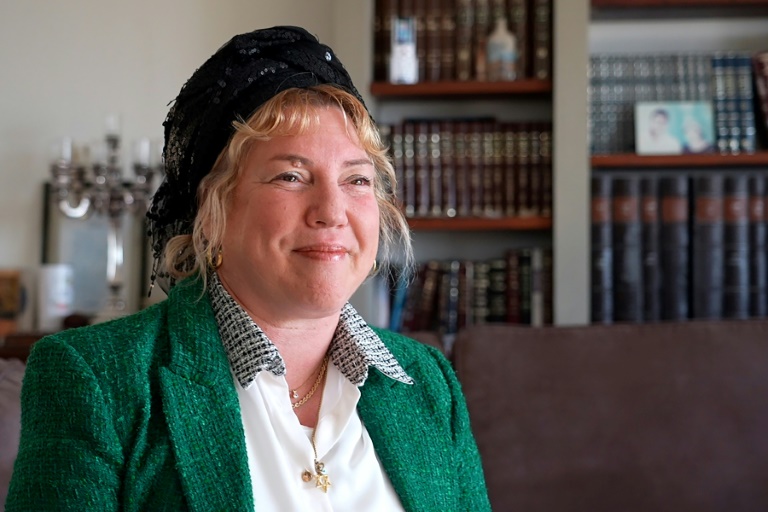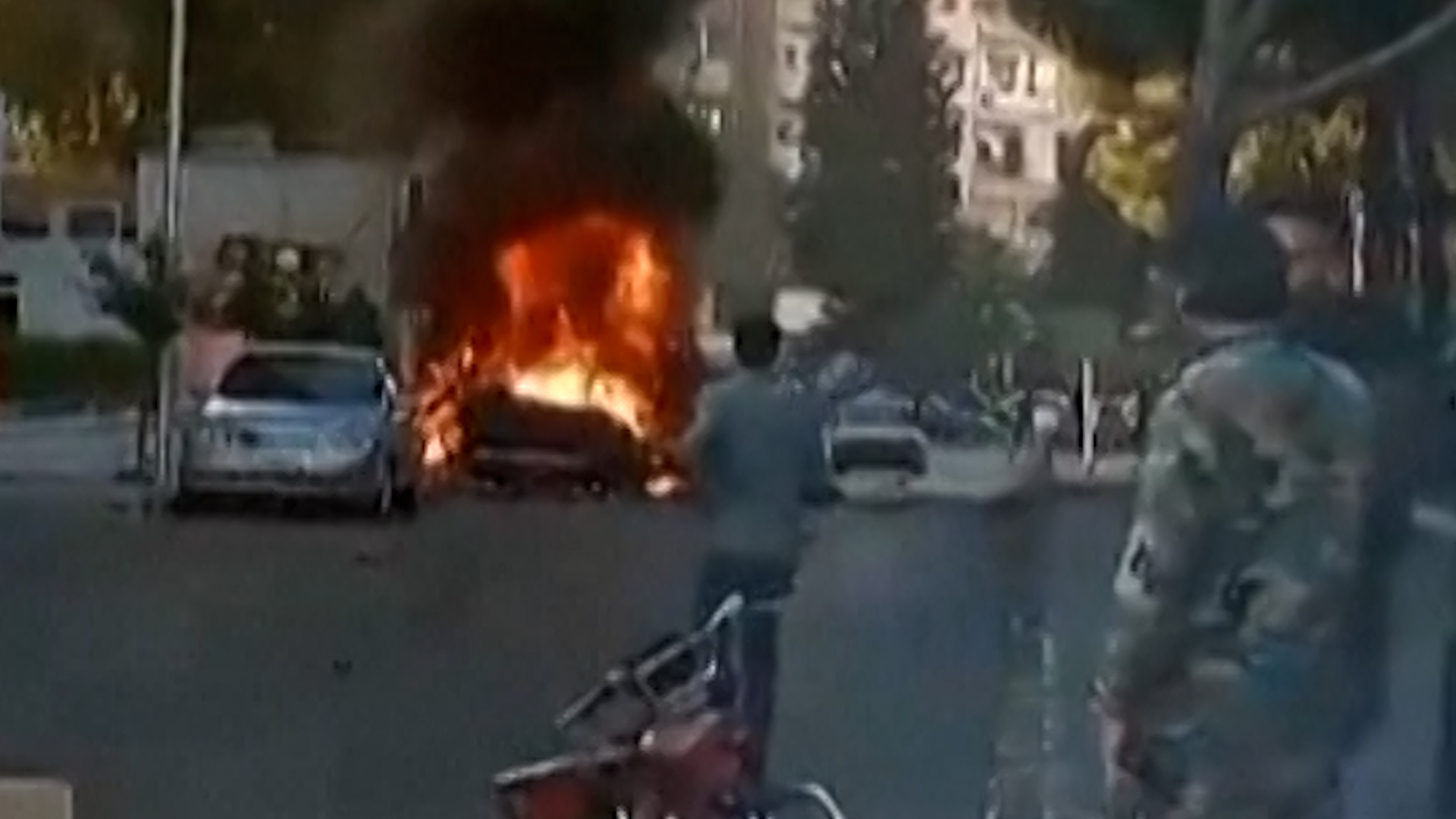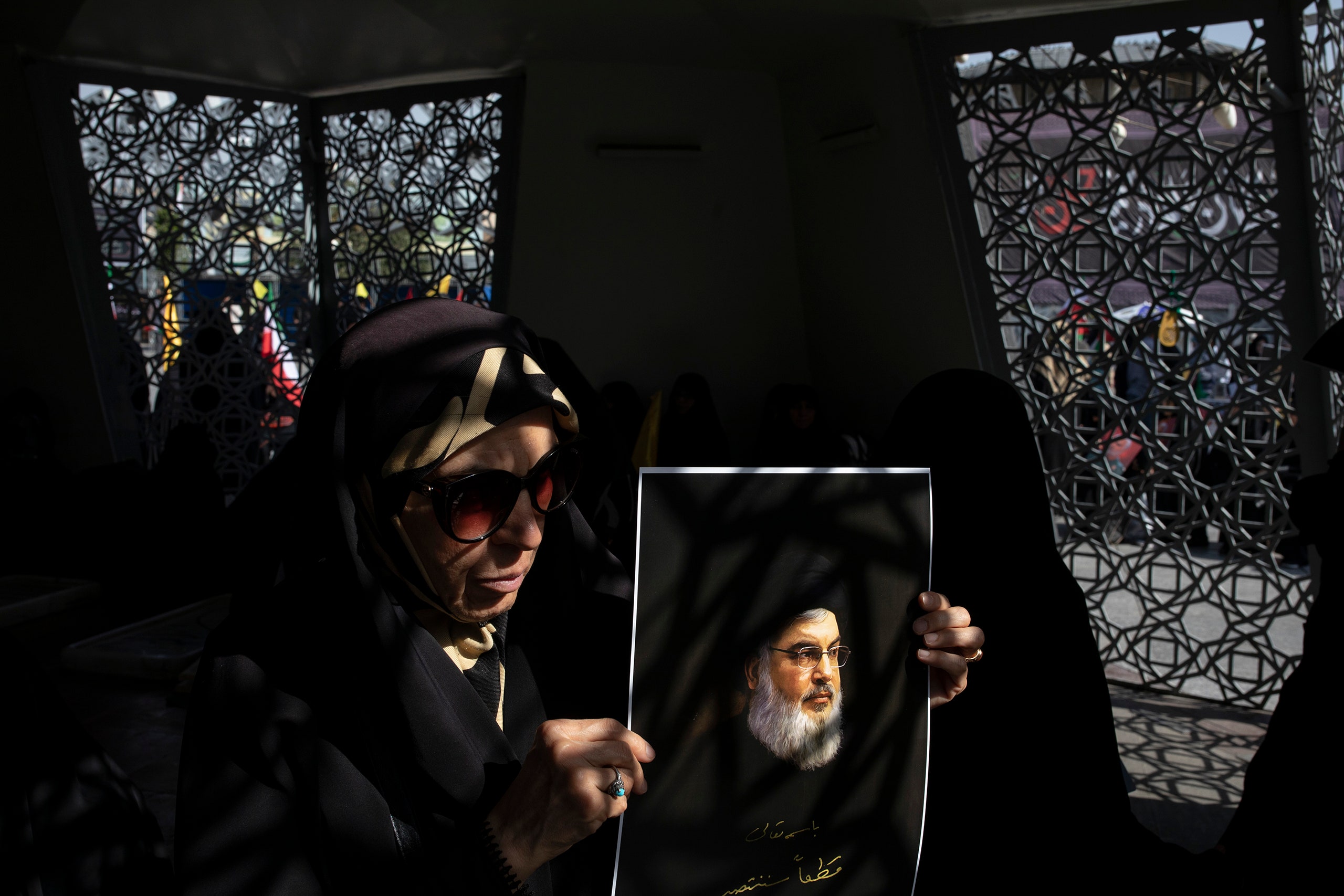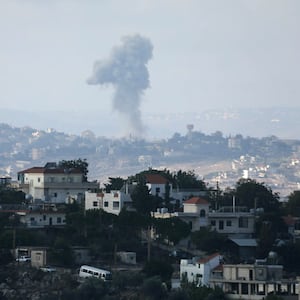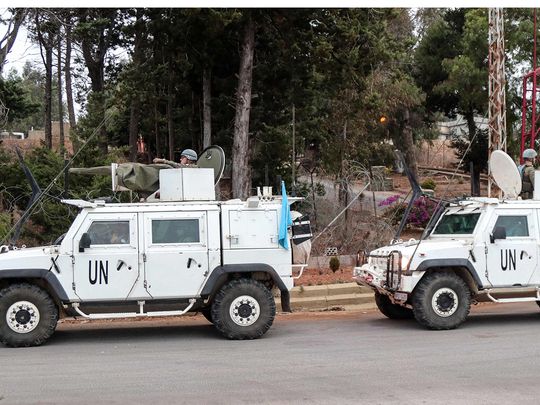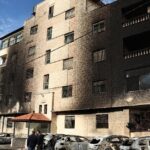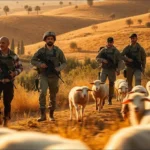The ongoing Israeli military operation killed at least 16 people, according to Israeli and Palestinian authorities, including a prominent commander.
Israel launched the operation overnight Tuesday into Wednesday with hundreds of troops backed by combat aircraft, and said the goal was to dismantle “terrorist infrastructure” used by militant groups to stage attacks on Israelis. The Israel Defense Forces, Israel Border Police and Shin Bet internal security service targeted three locations on the first day — Tulkarm, Jenin and the al-Fara’a refugee camp — all in the northern part of the occupied West Bank.
You may be interested
Militancy here was already on the rise as Israel expanded its hold on the territory — but successive Israeli military operations since Oct. 7 have helped push more men to take up arms, Palestinian residents say.
The IDF said Thursday that it had completed its operation in the area around Fara’a, about 15 miles south of Jenin and near the city of Tubas, and residents said they were taking stock of the destruction and burying the dead.
But street battles continued in the Jenin and Tulkarm regions, where the Israeli military said it killed prominent Palestinian militant commander Mohamed Jaber, also known as Abu Shuja’a, early Thursday.
Jaber, 26, commanded the Tulkarm Battalion, an umbrella group led by Palestinian Islamic Jihad. He was killed inside a mosque along with four other militants after “exchanges of fire,” the military said, which accused him of planning and executing attacks, including a shooting that killed an Israeli civilian, Amnon Muchtar, in the West Bank city of Qalqilya in June.
He was “just a normal Palestinian guy smoking shisha” until a few years ago, said Saif Aqel, a youth leader associated with Fatah, the dominant party of the Palestinian Authority. “The environment he was living in made him like this,” he said of Jaber, pointing to the increasingly deadly raids by Israeli forces over the past few years.
In Jenin, Israeli forces blocked off roads leading both to the main public hospital and the private medical facility, Ibn Sina, hampering the work of doctors and paramedics, according to Jenin governor Kamal Abu al-Rub. Internet and phone service was also cut off there on Thursday because of damage to infrastructure sustained during the raid, the main Palestinian network provider, Jawwal, said.
They described scenes of devastation inside the camp. “The situation is catastrophic,” said Ahmad Zahran, deputy director of Tulkarm’s Red Crescent chapter, who had just returned from evacuating a man with shrapnel wounds.
Zahran said Tulkarm’s Red Crescent chapter had evacuated 32 civilians since the raid began, most of them children. As he waited, he took a call on his radio about one case: a 65-year-old disabled man whose family found him dead in his bedroom of an apparent gunshot from the outside.
The family sent photographs to the Red Crescent, but Zahran said: “So far, [Israeli forces] have not let us come in to get him,” he said.
Israeli military spokesman Lt. Col. Nadav Shoshani said security forces in the field were working to “quickly respond to deal with reports of any damage to civilian infrastructure around the clock” and that there were also coordinated entries and exits of ambulances as required. He said Israel was not blocking the hospitals but ensuring “terrorists are not getting into hospitals, and the ambulances can go in and out.”

